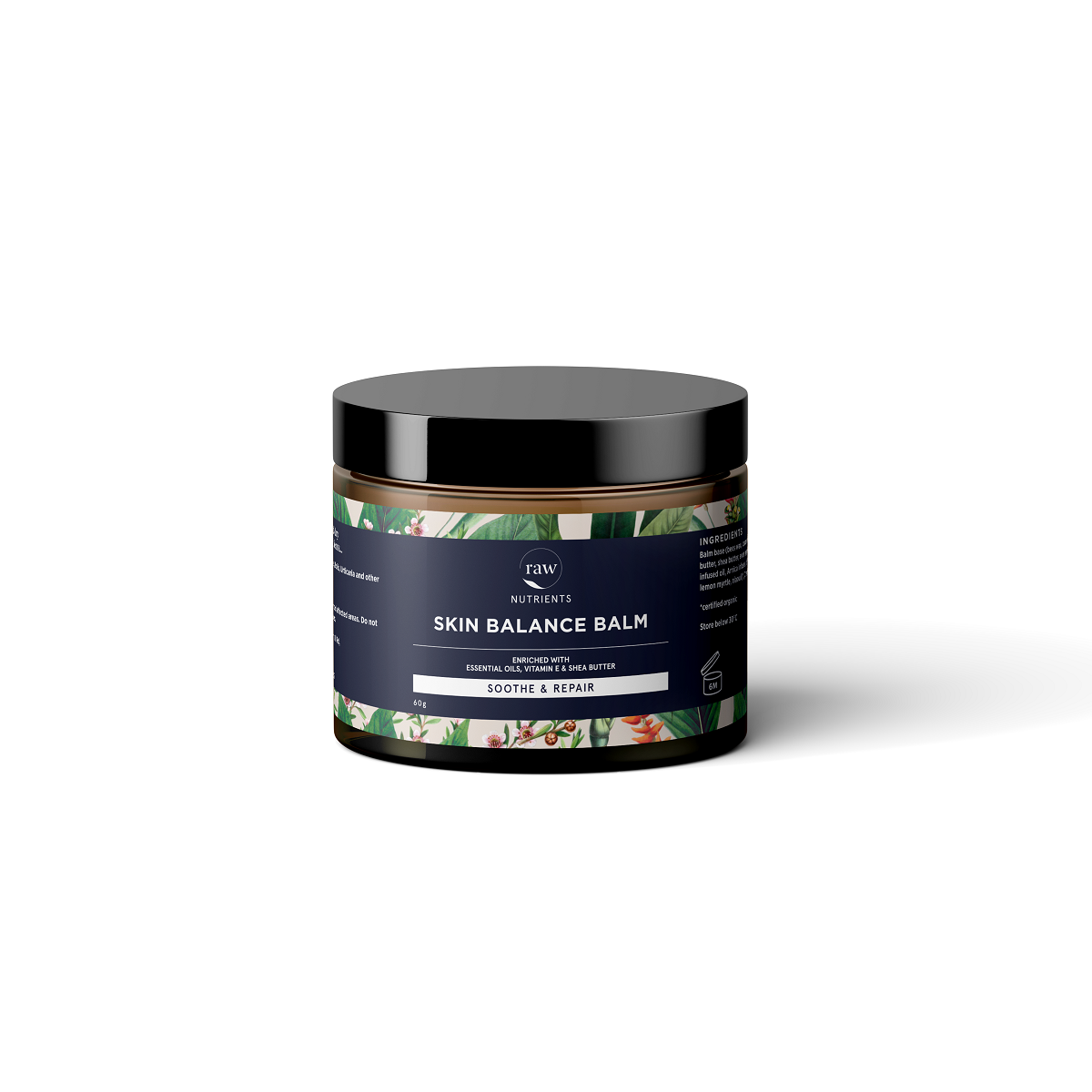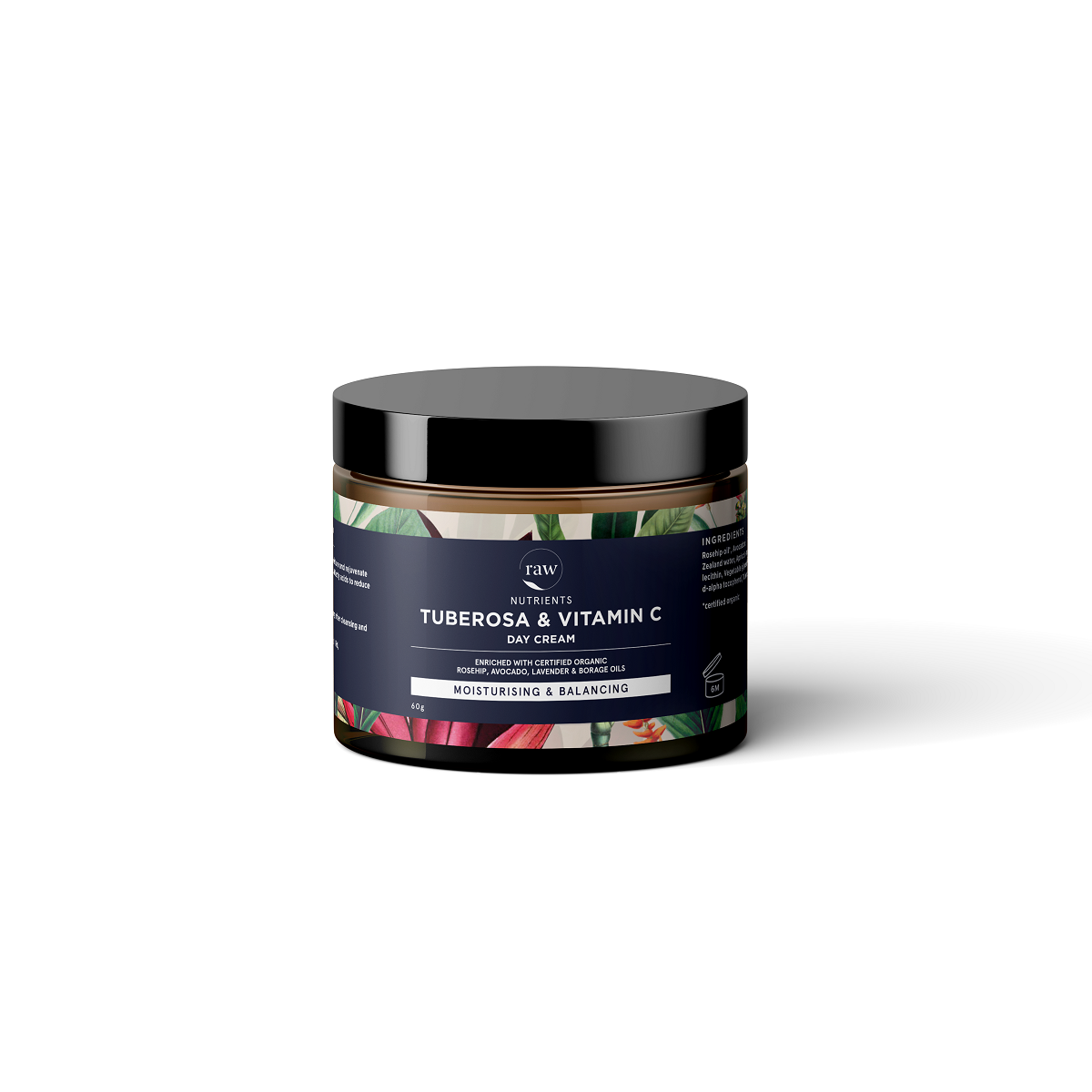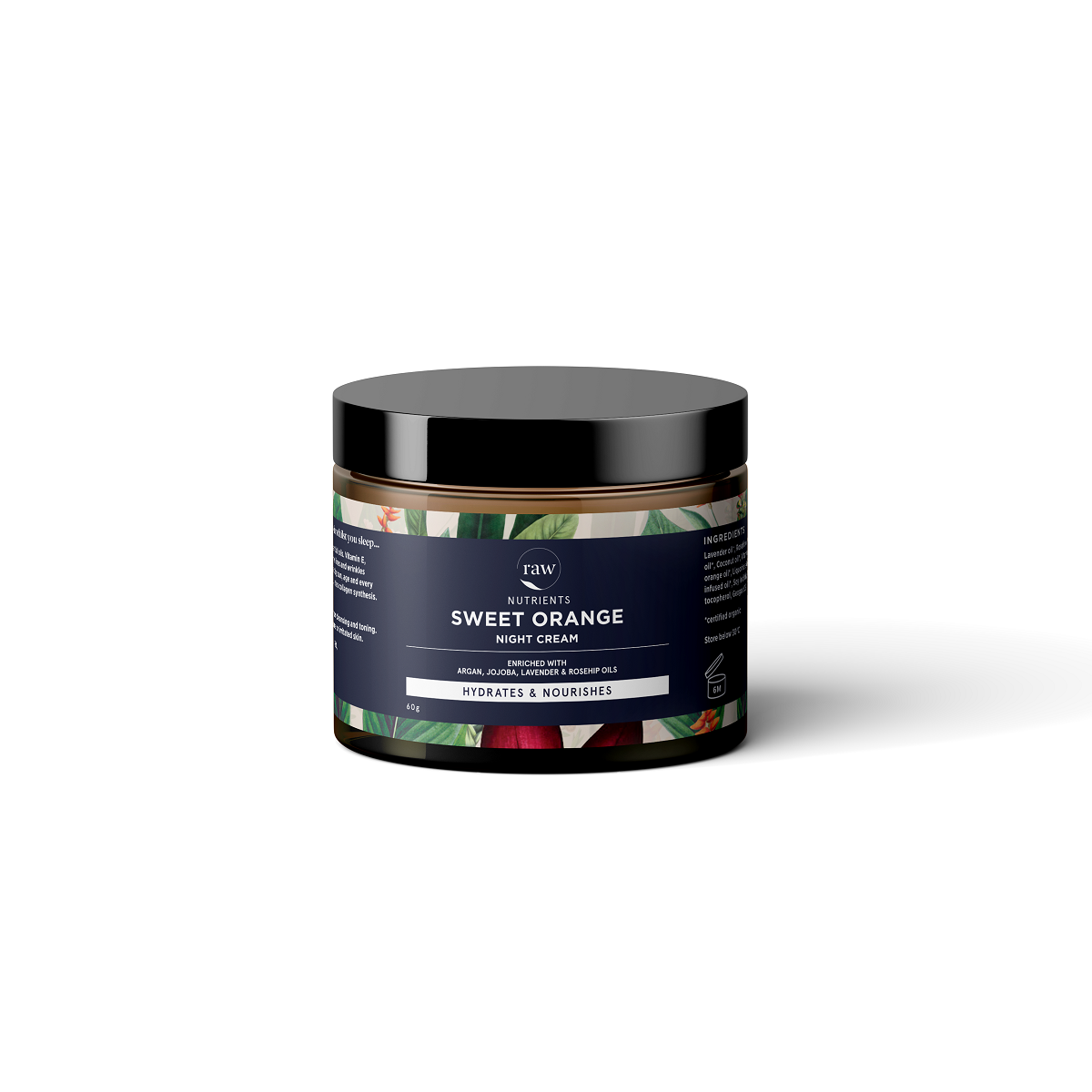-

Think about zinc!
Zinc plays many important roles in your body. This essential dietary mineral is involved in metabolism processes, hel...
-

Magnesium; Are We Consuming Enough?
There is widespread magnesium deficiency, and given the importance of magnesium in the body, it is but essential to r...
-

Probiotics; When & how do they work best?
Your gastrointestinal system comprises different microorganisms. The gut bacteria play a vital role in the health and...
-

Vitamin C; How does it benefit wellness?
Vitamin C has gained popularity as an antioxidant. However, research claims that it can act as both an antioxidant an...

Human Health and Resveratrol
Resveratrol is a natural plant compound found in red grapes. An antioxidant, resveratrol is found in berries, red wine, and grapes. It is present in little amount in peanuts and blueberries. The polyphenolic compound is so powerful that it is a type of self-protection for plants from fungal attack and ultraviolet radiation. Research finds a connection between resveratrol and treatment of heart failure and cardiovascular disease.[i] Resveratrol is thought to be a potential therapeutic agent that may reduce LDL or bad cholesterol in people suffering from heart ailments and cardiovascular disease.
Human Health and Resveratrol
Resveratrol, RES, is believed to have beneficial effects in the treatment of metabolic diseases. This includes hypertension, glucose intolerance, obesity, insulin resistance, and fatty liver disease. Research finds the calorie restriction-like effects of resveratrol, which could play a protective role against cardiovascular disease. RES is thought to have protective effects on vascular walls from inflammation, oxidation, and thrombus formation.
Studies claim that resveratrol treatment has a positive outcome in reducing oxidative and inflammatory stress in normal people. A six-week study found that treatment with resveratrol reduced reactive oxygen species and suppressed the expression of inflammation mediators that reduce pro-inflammatory markers. The anti inflammatory effect of resveratrol is due to lowered levels of NF-κB.
It is also believed to reduce the size of fat cell adipocyte, besides having a positive effect on insulin sensitivity in visceral adipose tissue. Research finds that a daily supplementation with resveratrol protects from inflammation and arterial wall stiffness.
Besides its anti-inflammatory actions, RES is shown to suppress proinflammatory cytokine production and alleviates endotoxin-induced myocardial injury. Thus it is touted to prevent sepsis-induced cardiomyopathy. Apart from this, RES could play a role in the inhibition of migration and proliferation of vascular smooth muscle cells.
Blood Pressure and Sugar Lowering Effect
Resveratol helps in the production of nitric oxide, which helps relax blood vessels and believed to reduce the pressure exerted on artery walls. Animal studies show that low doses of RES significantly reduced blood pressure. Another study observed that a high dose of resveratol lowered high pressure, thus preventing cardiac hypertrophy.
It is believed to be highly effective for insulin resistance in diabetics and have a positive effect on glucose metabolism, increasing sensitivity of insulin sensitivity in diabetes patients. [ii] Reservatrol may activate AMPK protein that helps in glucose metabolism and keeping blood sugar levels low.
Brain and Neurological Health
Supplementation with resveratrol is believed to reduce neuronal inflammation and improve cognitive functioning by mitigating reactive oxygen species. This may be attributed to its antioxidant and anti-inflammatory activities.
Studies attribute the reduction of toxicity following RES supplementation on its neuroprotective properties. It is believed that resveratrol reduces the aggregation of Aβ peptides in the hippocampus of patients suffering from Alzheimer’s through its antioxidant activity. RES promotes neurogenesis and prevents damage to the hippocampus.
The antioxidant properties of resveratrol play a role in activating silent information regulator-1 (SIRT1) that prevents the destruction of neurons and helps in neuronal differentiation.
A study of healthy adults finds that regular supplementation with resveratrol improved their ability to complete memory tasks and cerebrospinal fluid amyloid-beta levels, besides lowering neuro-inflammation. Research finds that the plant compound can promote cognitive and functional improvement. It could play a significant role in preventing memory decline.[iii]
Cancer
The role of resveratrol in cancer therapy has been emphasized by different research in vivo rodent studies. It is to be believed that resveratrol could play a role in the treatment of prostate, breast, liver, colorectal, and pancreatic cancer. RES is seen as a promising therapeutic and chemopreventive agent.
A study reveals that resveratrol therapy improves a range of carcinogen-detoxifying enzymes, thus playing an important role in cancer treatment. As an antioxidant, resveratrol can improve the bioavailability of nitric oxide. [iv]
Apoptosis appears to be induced through a rise in caspase activity. Studies in rodent models demonstrate that there may be a suppression of melanoma growth and incidence of skin tumors when resveratrol is topically applied.
Other research studies that focused on oral ingestion of resveratrol found a reduction in the weight, volume and growth of tumor and lower incidence of metastasis and angiogenesis in different forms of cancer. Some studies show that resveratrol can sensitize different tumor cells to chemotherapeutic agents and reverse drug resistance.[v]
Longevity
Resveratrol treatment is believed to extend the lifespan of worms, yeast, and flies and delays age-dependent decay of locomotor activity. Some studies demonstrate that resveratrol supplementation counteracted shortened lifespan resulting from exposure to oxidative stress and radiation. In some studies, resveratrol was found to increase resistance to oxidative stress while reducing oxidative damage.
Since resveratrol is highly reactive, it has a low bioavailability. However, co-ingestion with other flavonoids is believed to improve its bioavailability and beneficial effects on human health. Besides, the role of resveratrol as a calorie restriction mimetic is being widely researched that could be linked to lengthening lifespan.
Although resveratrol holds promise as a treatment for metabolic diseases and as a disease preventative aid, more studies are under way to explore its safety for long term use.
References
[i] Dyck, G., Raj, P., Zieroth, S., Dyck, J., & Ezekowitz, J. A. (2019). The Effects of Resveratrol in Patients with Cardiovascular Disease and Heart Failure: A Narrative Review. International journal of molecular sciences, 20(4), 904. https://doi.org/10.3390/ijms20040904
[ii] Bonnefont-Rousselot D. (2016). Resveratrol and Cardiovascular Diseases. Nutrients, 8(5), 250. https://doi.org/10.3390/nu8050250
[iii] Gomes, B.A.Q., et.al., (2018) Neuroprotective Mechanisms of Resveratrol in Alzheimer's Disease: Role of SIRT1.Oxidative Medicine and Cellular Longevity. doi: 10.1155/2018/8152373. eCollection 2018
[iv] Ko, J. H., Ko, J. H., et. al. (2017). The Role of Resveratrol in Cancer Therapy. International journal of molecular sciences, 18(12), 2589. https://doi.org/10.3390/ijms18122589
[v] Ko, J. H., et. al. (2017). The Role of Resveratrol in Cancer Therapy. International journal of molecular sciences, 18(12), 2589. https://doi.org/10.3390/ijms18122589
You might be interested in...
Raw Resources
Read About the Science Behind the Supplements







